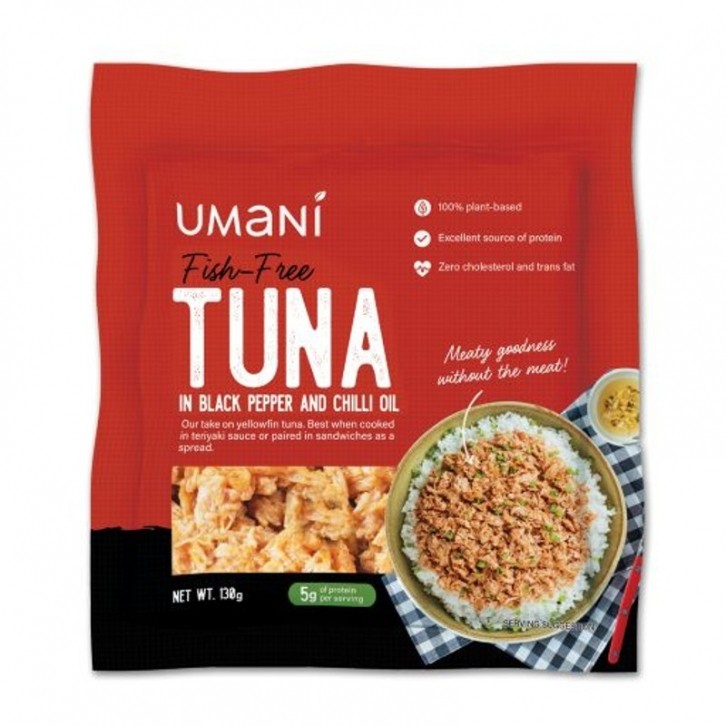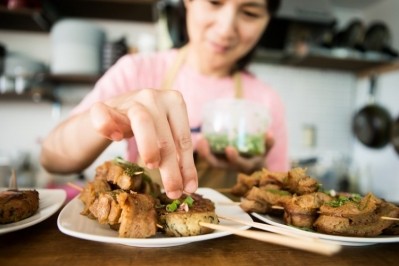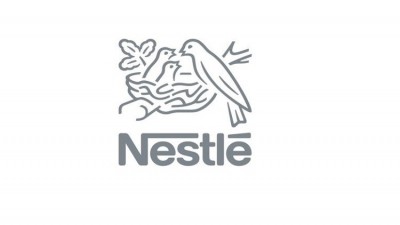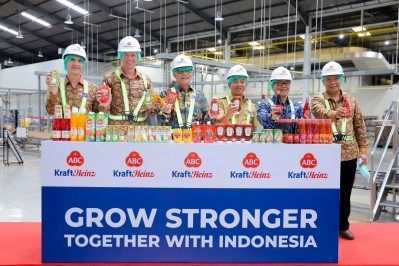Algae prodigy: Philippines’ WTH Foods eyes Europe and ASEAN with clean label plant-based seafood line

WTH Foods is best known for its Umani brand of plant-based meat products, ranging from sausages and burger patties to local fare such as sisig and tapa – but now the firm is branching out from its initial meat alternatives to look at seafood.
Instead of solely tweaking its existing ingredients to just be more seafood-like, WTH Foods has taken the step of researching a whole new plant-based source – microalgae – for use in this line.
“We are working with the real microalgae biomass to make our products, and have discovered that it gives that nice soft texture that consumers would expect in fish,” WTH Foods Co-Founder and CEO Stephen Michael Co told FoodNavigator-Asia.
“It also has the added advantage of already having that fishy, briny aroma and taste – which goes perfectly with the seafood line.
“We have developed plant-based tuna and crabcakes at this point, and the tuna in particular stands out because it is actually far superior in terms of nutritional value [compared to regular tuna], being that there is no cholesterol, microplastic or heavy metal contamination, but still carries the same amount of DHA and Omega-3 one would get from tuna.”
The firm has its eye on the European market for this seafood line, and to do this Co believes that making it clean label is very important to gain consumer interest.
“We still see Europe as the biggest market in terms of plant-based products, and plan to first look at Central and Southern Europe for this, so places like Prague, Germany, Spain, Italy where the more cosmopolitan cities are which are more receptive to shelf stable seafood,” he said.
“The products have purposely been made clean label with just five ingredients including the microalgae and low sodium in order to increase the appeal in this market, which really places a lot of importance on clean label products.
“We also are pushing for South East Asian flavours in order to differentiate ourselves from what’s already out there in the market in Europe, perhaps Thai or Malaysian flavours in the tuna, and then market these as handy options for pastas or pizza toppings or sandwiches and so on.”
That said, the firm is also maintaining focus on launching this line closer to home, although more market testing is in progress currently.
“We are looking for the right Asian market some of our seafood products and it's still in the market testing phase – what we are planning to do here is to use a different kind of plant protein which might just lead to a bit of difference in the taste profile as well,” he added.
“So while the products in Europe will be primarily pea-based, for ASEAN markets we believe that soy is still a very acceptable source of protein – as such, we will be looking at launching soy-based tuna in Southeast Asia and a more pea-based tuna for the European market.”
All of WTH Foods plant-based seafood will utilise the microalgae protein as well as oils as major ingredients.
Getting over ultraprocessed fears
Although plant-based meats in general are generally marketed as being a healthier option to conventional meat, the industry still has not found a general solution to overcoming consumer fears of these novel products undergoing ultraprocessing, and the potential impacts of this on health.
“These consumer concerns are definitely still an issue in many places in the world, as plant based tends to get the reputation of being more highly processed than their meat equivalent,” Co said.
“But I beg to disagree - We study our nutritional values all the time and have made sure that our products are superior in terms of nutritional values compared to the meat products that we are trying to replace or substitute.
“For example, with our sausages or patties we make sure that the sodium content is lower [and] fortify some of our products with vitamin B12, which is a common nutrient that vegans tend to lack - and of course, there's the zero cholesterol and plant fibre benefits to consider .
“So from the marketing perspective, in South East Asia and more so in the Philippines, there still tensds to be a misconception that healthy products are not delicious so we also have to push for that delicious angle [as] that's what really gets people to repurchase products.”



















